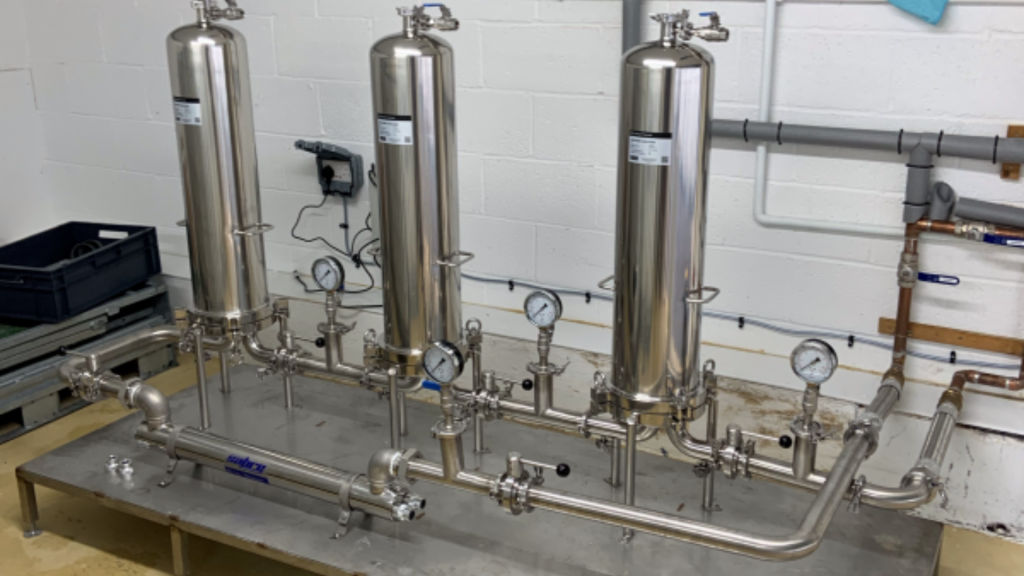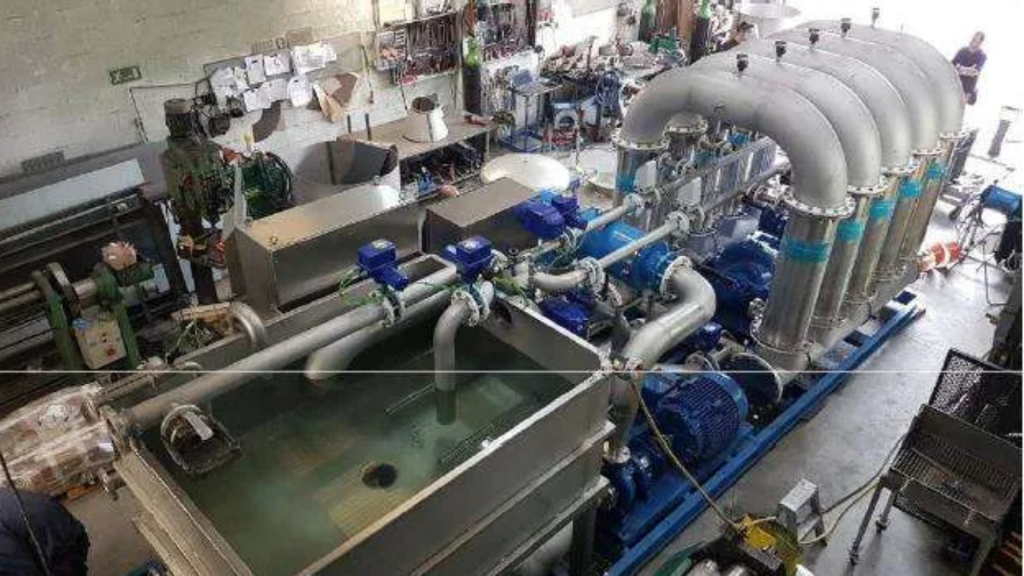Pharmaceutical
Water treatment plays a vital role in the pharmaceutical sector, focusing on upholding the purity and safety of water utilized throughout various stages of drug production. This process centers on eliminating contaminants and impurities from water to adhere to regulatory standards stipulated by local authorities. The quality of water directly impacts the safety and integrity of pharmaceutical products, underscoring the necessity of employing sophisticated water treatment technologies and upholding stringent quality assurance practices. Within the pharmaceutical industry, distinct grades of water are utilized, such as purified water (PW), Water for Injection (WFI), and ultra-pure water (UPW), each requiring specific quality parameters to meet industry standards.
Pharmaceutical-grade water serves a range of vital purposes in various applications within the industry, including:
(1). Drug Formulation: Water serves as a solvent in the manufacturing of liquid formulations, ensuring the uniform distribution of active pharmaceutical ingredients (APIs).
(2). Sterilization Processes: Water is integral in steam sterilizers (autoclaves) for the sterilization of equipment, containers, and instruments.
(3). Cleaning and Rinsing: Purified water is indispensable for cleaning and rinsing equipment and containers to prevent contamination.
(4). Analytical Testing: High-purity water is a necessity for accurate and reliable analytical testing procedures.
(5). Production of Active Pharmaceutical Ingredients (APIs): Water of exceptional purity is essential during the synthesis of APIs to prevent impurities from compromising chemical reactions.

02.05.2022

05.05.2021
02.05.2022
05.05.2021